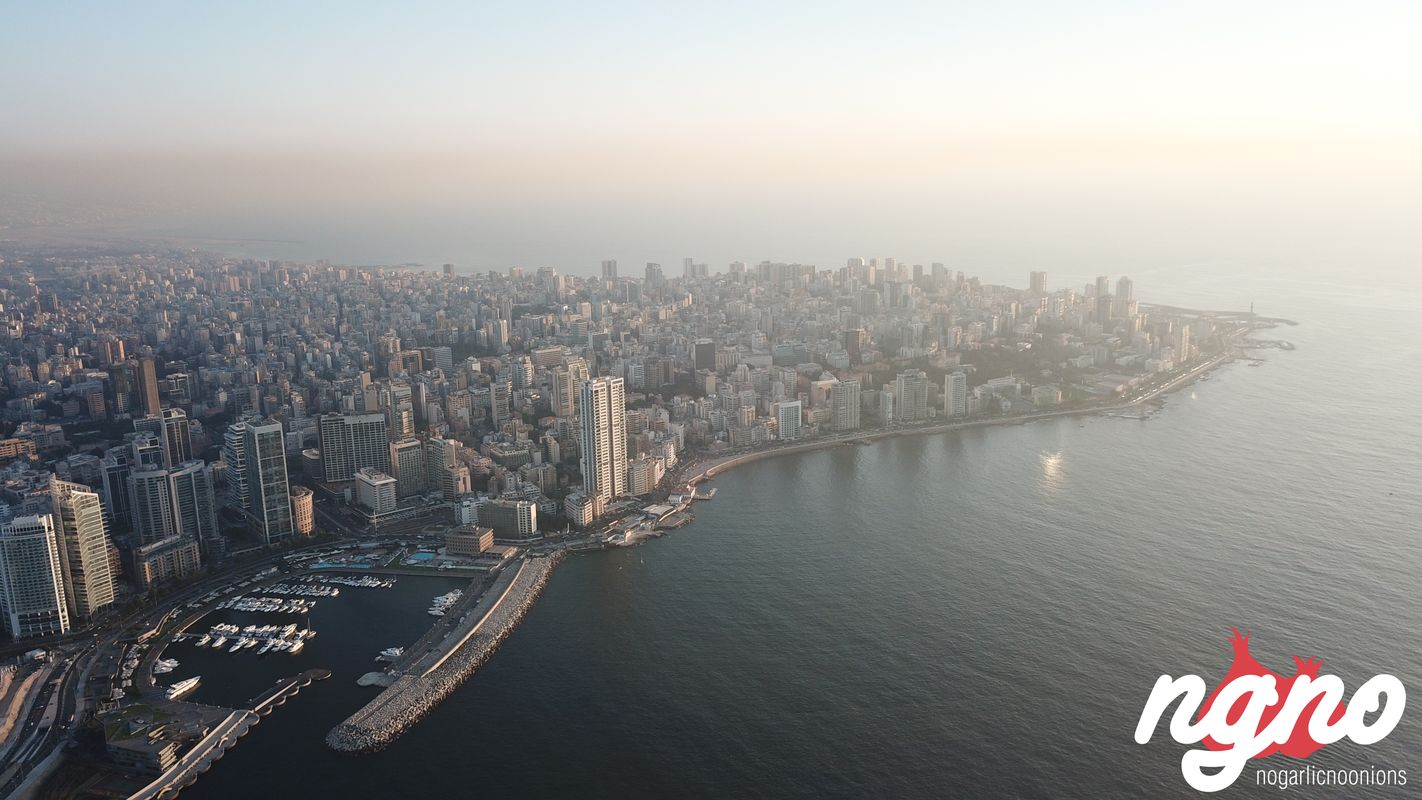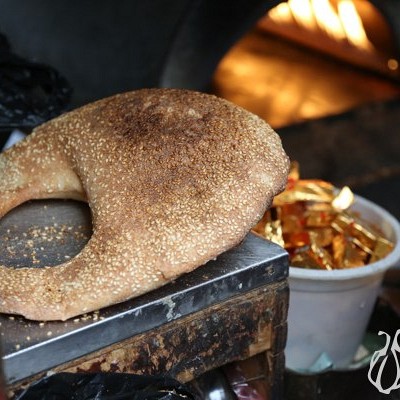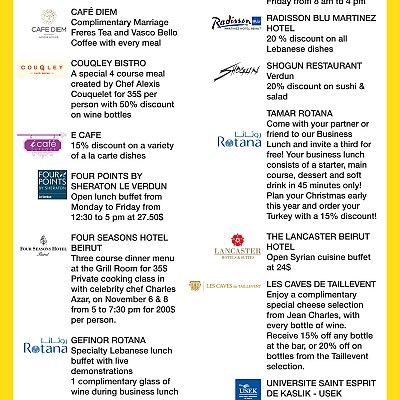FORBES.com The last nine days in Lebanon had been strange, but in an unfamiliar and surprising way. Sure, it’s a messy place. The burden of a violent past has contributed to the current contentious, and by most accounts, gridlocked, religion-based political structure. Unchecked sprawl and unfinished development projects devour the coastline and blight swaths of the interior. Syrian refugee camps seep into cities and countryside, threatening local security while straining resources. Traffic congestion that makes New York look like the wilds of Idaho forces locals and visitors to rethink their day-to-day schedules – or abandon plans wholesale. Regularly scheduled power outages force businesses and the affluent to run generators, leaving those without resources literally in the dark.

These points alone may be enough to convince someone not to go. Indeed, trepidatious tourists should avoid reviewing the U.S. Department of State’s list of warnings. They’d never board the flight otherwise. But beneath all the chaos of a country trying to modernize with little planning or restriction, subject to what some call a thinly veiled multi-theocracy, lies the true heart of Lebanon: it’s generous people, their hospitable culture, their curiosity, openness, and enthusiasm for sharing their rich traditions of food and drink. And for this, I found nine days insufficient to know this tiny mountainous country on the fringes of the Middle East – but I tried.
Lebanon: The Greatest Food And Wine Country You've Never Visited (Part 2)
I’d come to Lebanon to explore the wines of the country, but effusive praise for the cuisine led me to organize a cooking class prior to arrival. However, the importance of breaking bread was evident enough that anyone with an appetite would have figured it out. I’d discover that the wine and culinary scene of Lebanon boasted an outsize personality wholly out of proportion to its diminutive size, slightly smaller than Connecticut. (And what contribution has CT made to the food world besides New Haven pizza?)
As examined in Part 1 of this article, Beirut operates with kinks and quirks, but it runs. Today, especially during the off-season between fall and spring, the finest 4- and 5-star hotels, from high-end boutique Le Grayto luxury resort Kempinski Summerland, offer incredible rates. Especially as compared to other cities with a similar standard of fine dining, shopping, and nightlife. Visitors can easily make day trips to visit wineries in Batroun and Bekaa Valley, making Lebanon the greatest food and wine country – that’s waiting for people to visit.
Read the full articles on Forbes






































